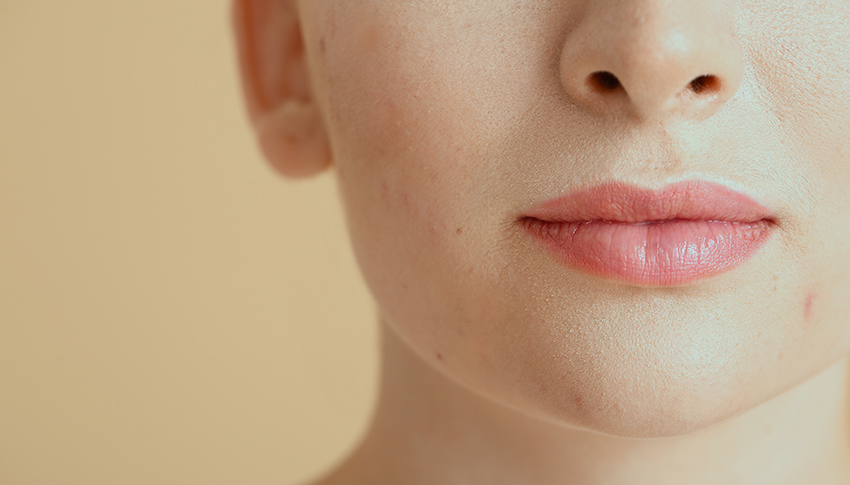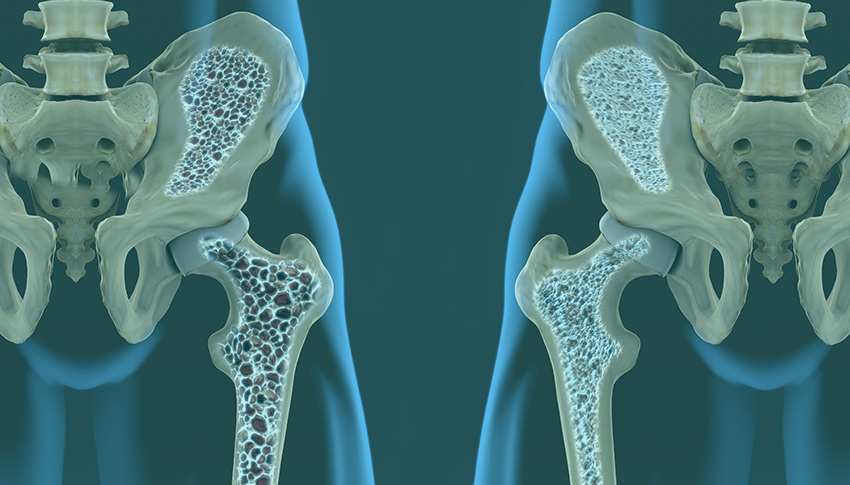Many people suffer from various forms of acne-prone or blemished skin, which is a type of skin in which sebum production is not properly regulated. Not surprisingly, acne is one of the most common skin diseases that affect both women and men alike, mainly in the pubertal phase, but cases of acne that also occurs in adulthood are increasingly frequent.
If you too suffer from it and want to know what are the causes and remedies to try to limit or eliminate it completely, you are in the right place! Continue reading the article to find out what the mistakes to avoid are to get back to having perfect skin.
What is acne and all possible causes?
Acne manifests itself precisely with numerous skin or subcutaneous pimples present on various parts of the body, mainly on the face, but other areas such as the back, neck, chest and shoulders can also be affected and it can begin to develop in adolescence, but in some cases also in adulthood. One of the first warning signs of acne is to find the skin inflamed, swollen or red and which produces a strong sense of heat and in some cases even pain.
Over the years, medicine has identified some of the most relevant causes that could trigger acne:
- the large production of sebum in the pubertal glands, mainly due to the increase in hormones, including testosterone. Since it is closely linked to ongoing hormonal situations, acne inflammation may also occur during pregnancy, during menstruation or at the beginning of contraceptive therapy. Women who have polycystic ovary syndrome can also suffer from it.
- Using too many face creams or lotions that contain oil, non-comedogenic products, and make-up that clog pores.
- Doctors have also found a strong genetic incidence, as many people who suffer from acne also have family members who have suffered from it in the past or still suffer from it today.
- Strong stress could lead to acne worsening, but only if the sufferer is already predisposed to the disease.
- Being too exposed to areas with high environmental pollution.
Over time, false myths have also formed regarding the possible causes of acne-prone skin, such as the intake of particular foods containing sugar, such as chocolate, or excessive washing.

Tips and mistakes to avoid to limit the presence of acne
When we are faced with a case of severe or medium-severe acne it is good to consult a specialist who can prescribe the right drugs to fight acne. But in minor cases, it is good to know that we can simply make some changes in our lifestyle to be able to already see the first improvements and return to show off our skin with confidence and determination. Let's see what are the good habits to follow if you have acne-prone skin.
Cleansing
Cleansing the affected parts is a fundamental point, it is good to carry out this activity daily and appropriately. This area should be thoroughly washed at least twice a day and with a mild cleanser, as harsh cleansers can do further damage to the skin.
Do not touch your face
Avoid touching your pimples all the time or, even worse, trying to squeeze them. This will only irritate the skin further and increase the risk of inflammation or, even worse, infections.
Beware of shaving
For both women and men suffering from acne, the act of shaving represents a real struggle, as very often the skin becomes irritated and the acne situation worsens. In this case, it is advisable to limit shaving as much as possible or, if you really can't do without it, use suitable products that soften the skin well.
Protect yourself from the sun
Avoid sun exposure as much as possible as tanning or redness may cause skin dryness and further damage. Remember to always use sun lotions, especially in summer or on hot days.
Use the right cosmetics
Use cosmetics that do not contain compositions that include oils, as they could most likely worsen the production of sebum and make the skin very oily.
Substances that benefit acne-prone skin
Acne is usually a disease that could cause aesthetic discomfort for those who suffer from it because over time it could leave numerous scars. Most of the treatments that are prescribed by dermatologists mainly involve lotions to be applied directly to the skin or medications that are taken orally. All these treatments have the main purpose of reducing the production of sebum, inflammation and the proliferation of bacteria that come into contact with our skin.
Among the substances that should not be missing in acne-prone skin treatments, we find:
- Nicotinamide or Vitamin B3 for its anti-inflammatory action and with a high lightening and illuminating power, capable of reducing scars and acne marks;
- Centella Asiatica Triterpenica which promotes the production of collagen and inhibits inflammation that leads to scarring minimises the appearance of fine lines and dark spots, such as those given by post-acne scars;
- Oils with soothing and antibacterial functions;
- Allantoin thanks to its moisturizing, soothing properties is indicated in case of skin irritated by acne or other types of inflammation;
- Panthenol has an antioxidant and moisturising action





